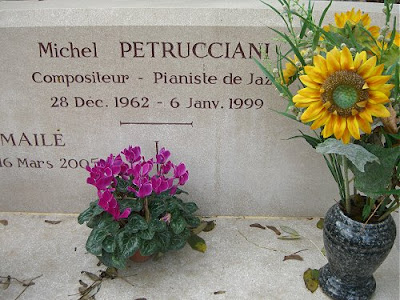Towards a dialogue of souls
One of the earliest warning of the humanitarian crisis that is now engulfing Europe came in 2011 from Jordi Savall. His Mare Nostrum book/CD project contained an essay by Catalan author Rossend Domènech titled 'The Sea of Death: The Challenge of Immigration - The Human Drama', and the project shared its title with the Italian maritime rescue operation that saved the lives of thousands of refugees in the Mediterranean before being shut down in October 2014. Many of those currently perishing in the Mediterranean are fleeing from the civil war in Syria, and more recently Jordi Savall gave voice to his humanitarian concerns about that conflict in 'Orient-Occident II: Homage to Syria'. In his preface to the recording Jordi quotes the Lebanese/French novelist Amin Maalouf's assertion that: "If we are to restore some hope to our disoriented humanity, we must go beyond a mere dialogue of cultures and beliefs towards a dialogue of souls. As we stand at the beginning of the 21st century, that is the irreplaceable mission of art".
Singing and playing the oud on that homage to Syria, and also on Jordi's acclaimed 'Bal•Kan: Honey and Blood' project was the young Syrian Waed Bouhassoun. She now lives in France and recently released her second solo album titled 'L'Âme du luth' (Soul of the oud); all the compositions are her own, two for solo oud are coupled with nine songs with mystical themes. Sufism in Syria has been targeted by the dark forces of fundamentalism, and all Waed Bouhassoun's settings pay homage to this liberal and mystical strand of Islam.
Ibn 'Arabi is represented by his famous text "I believe in the religion of love, whatever way its camels may take", while the tenth-century Sufi martyr Manṣūr Al-Ḥallāǵ's heretical declaration "I am the one I love and the one I love is me" is also set. Among the other poets chosen by Waed Bouhassoun is the twelfth-century Shihab al-Din al-Suhrawardi who combined early Sufism with Zoroastrianism and Platonism; her setting of al-Suhrawardi can be sampled via this link. Modern poetry is represented by the Syrian poet and essayist Adonis who proposed that the movement towards Sufi mysticism came about because neither religious orthodoxy nor science could answer many of the profound questions posed by man. That latter observation has a particular relevance as the dreadful human tragedies in Syria and on the borders of Europe are not being solved by either religio-political orthodoxy or scientific pragmatism derived from the Enlightenment.
No freebies involved in this post. Any copyrighted material is included as "fair use" for critical analysis only, and will be removed at the request of copyright owner(s). Also on Facebook and Twitter.









Comments